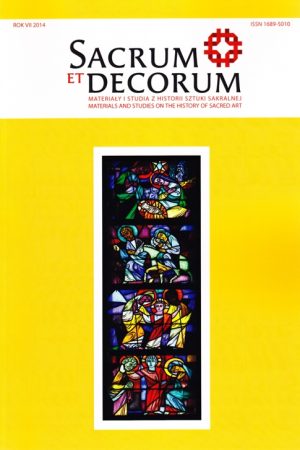Philip Larkin’s Church Going and Ronald Stuart Thomas’s Empty Church – Agnostic vs. Apophatic Space
Keywords:
Larkin, Thomas, poetry, church, space, faithAbstract
English literature prides itself on a splendid tradition of religious verse, starting with the medieval Dream of the Rood, through its flourishing in the Baroque (John Donne, George Herbert) to include eminent modernists (T.S. Eliot, W.H. Auden) in the 20th century. Unfortunately, the progress of secularisation in Western Europe has led to a considerable decline of religious verse. Despite these inauspicious conditions, however, one may still encounter poets for whom the problems of religion are of primary importance. One of them was the Welsh priest-poet Ronald Stuart Thomas (1913–2000). One of the main issues of his large oeuvre was the problem of God’s apophatic nature and the difficulties the believers must face in their attempts to probe the mysteries of transcendence. This essay sets out to examine just one poem by Thomas which touches upon the above-mentioned questions. Its lyrical “I” is a solitary man in an empty church, who is grappling with the most fundamental questions of faith. At times, even the least likely writers find they are drawn to religion, and Philip Larkin’s Church Going (1922–1986) is a case in point. Although the poet called himself an agnostic, he did write about religious matters quite frequently. The speaker in this famous poem is an alter ego of the poet himself, while the ambivalence in his views on religion reflects Larkin’s own. It is true that the poet regarded religion as an obsolete relict of the past, but at the same time he recognized its importance both for the individual and for the community. The following analysis of the two poems will briefly present two very different points of view on the question of sacred space.Downloads
Downloads
Published
How to Cite
Issue
Section
License
Copyright (c) 2014 Sacrum et Decorum

This work is licensed under a Creative Commons Attribution-NonCommercial-NoDerivatives 4.0 International License.
In line with the Open Access policy, authors retain full copyright to their articles – without restrictions.
Authors can deposit their articles in a repository of their choice.


